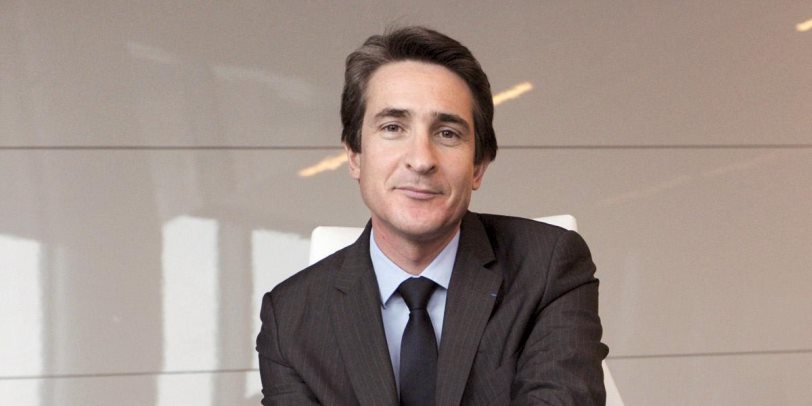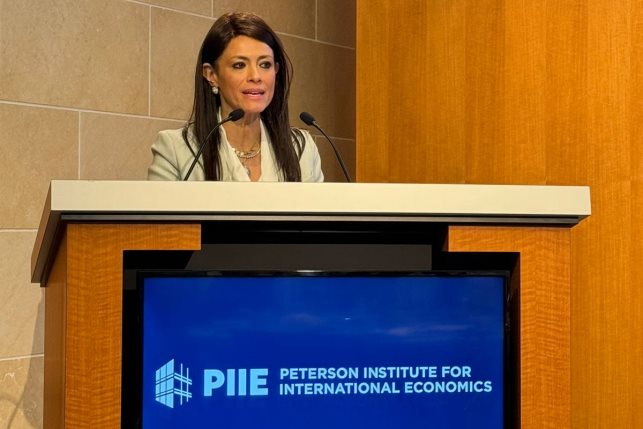It is time to restore engineers to their rightful place in the world
Amongst this, brews a growing wave of criticism in certain parts of the world, deeming technology as incompatible with a sustainable future. For example, some engineering schools in France have called for students to change direction in the name of environmental protection.
 Patrice Caine, Chairman and CEO, Thales
Patrice Caine, Chairman and CEO, Thales
Has engineering had its heyday? This might sound like an absurd question as we enter 2023 with a global shortage of scientific and technical talent, and, in many countries including Egypt, a renewed focus on industrial sovereignty.
Amongst this, brews a growing wave of criticism in certain parts of the world, deeming technology as incompatible with a sustainable future. For example, some engineering schools in France have called for students to change direction in the name of environmental protection.
At the same time, a growing wave of criticism is brewing worldwide deeming technology as incompatible with a sustainable future. For example, some engineering schools in France have called for students to change direction in the name of environmental protection.
“Technology is a large part of the answer to the social and environmental challenges we face”.
Reflecting on these circumstances, I feel it is important not to lose sight of some very pragmatic considerations – and to keep in mind that technology is a large part of the answer to the social and environmental challenges faced globally.
This is not to say that philosophers, sociologists and other humanities specialists have no role to play, because we are clearly going to need to fundamentally rethink certain aspects of our ways of life, our relationship with nature and perhaps even how we organise our societies. But in the short term at least, and in Egypt specifically, the priorities are to push ahead on renewables, design passive-energy buildings, encourage the adoption of low-carbon modes of transport, and so on. And how can we do that without engineers?
Whether we like it or not, our world is shaped by technology. It has been that way since the first human settlements rose from the sands centuries ago, and we know there is no going back now.
Engineers will always have a decisive role to play, treading the fine line between protecting the planet and enabling societies to grow and flourish. Others may have a deeper understanding of the natural world around us. But when it comes to how we interact with our environment, engineers hold the answers. To refuse this reality – to dismiss it as “techno-solutionism” – is to condemn ourselves to inaction and, ultimately, to a bleak future.
“If you want to change the world, become an engineer.”
“If you want to change the world, become an engineer.” This is what we should be telling our children. Because it is this very discipline and vocation that constitute our only real lever for bringing about, on a relevant scale, new ways to produce, live and consume. Their insights hold the key to more informed policy-making and their role is crucial to the ongoing evolution of industry in Egypt. The country was the first in the Middle East and Africa to adopt an engineering program for higher education, and I’m proud to say that Thales is supporting the Vision of Egypt to promote technical talent, in the field.
Of course, today’s engineers apply different methods and doctrines from those of their predecessors, and operating within planetary boundaries will likely become an increasingly important aspect of their work. As an engineer myself, and as the head of a company that employs large numbers of engineers, I have experienced first-hand the shifts taking place in the academic world and in industry. Leading engineering schools in the region and around the world have overhauled their curricula to sharpen their focus on climate change. And at Thales, for example, we have pledged to adopt eco-design principles for 100% of our new products starting this year.
Finding solutions to the complex problems we face – solutions that take environmental performance and resource scarcity into account – is precisely what engineering is all about. It is high time we restore engineering to its rightful place as a compelling vocation for young people in Egypt and indeed around the world.




